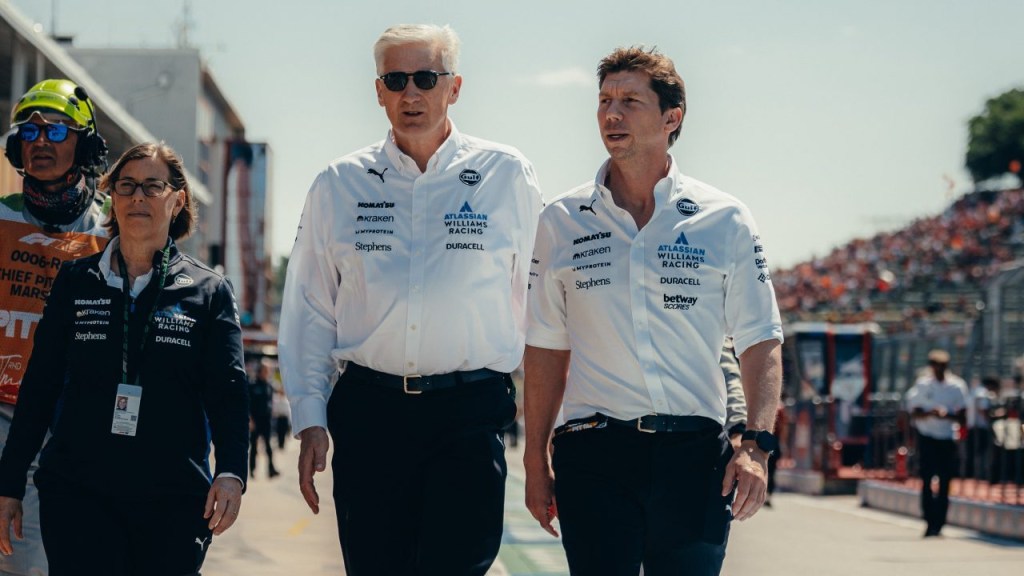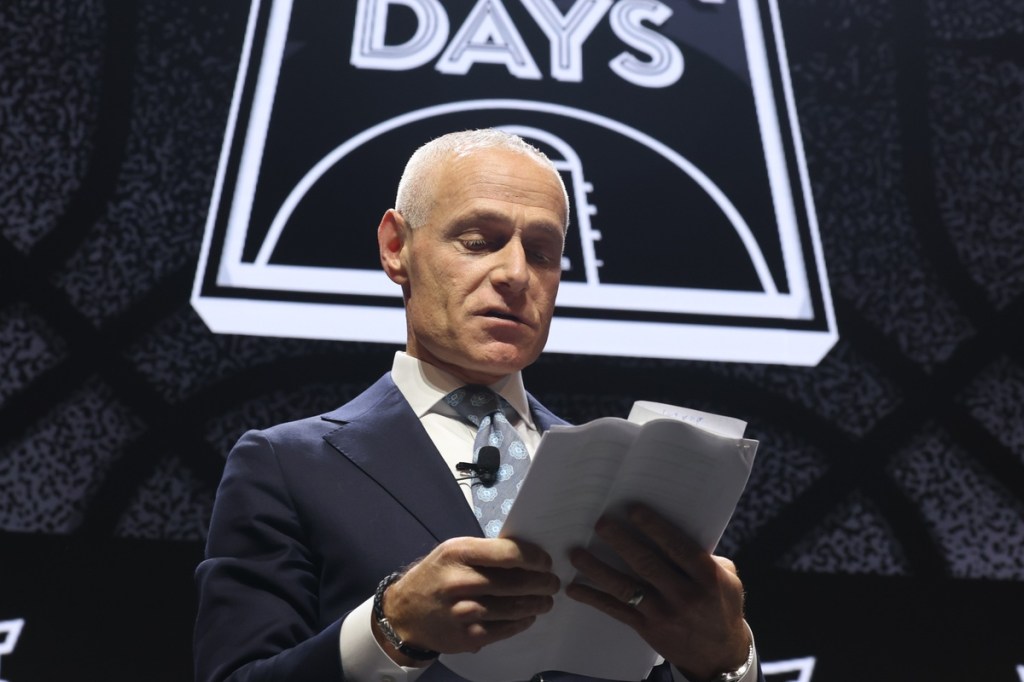While the sports industry was one of the first to be hit hard by the response to the coronavirus pandemic, the economic ripple effects won’t stop any time soon, according to a PricewaterhouseCoopers survey of U.S. and Mexican chief financial officers.
The survey reflects the thoughts of 50 CFOs from U.S.- and Mexico-based companies polled between March 9-11, with 80% coming from Fortune 1000 companies. 54% of those executives said the outbreak has “the potential for significant impact of business operations,” and 80% indicated a potential recession is among the top three concerns during the crisis.
PwC Chair and Senior Partner Tim Ryan said the continued uncertainty would be the primary topic of concern in the coming weeks.
“Uncertainty, especially regarding both the length and severity of the COVID-19 pandemic, is a predominant concern for chief financial officers,” Ryan said. “However, with 90% of CFOs and finance leaders optimistic they can return to normal business operations fairly quickly if the pandemic stops soon, this should signal a strong sense of urgency for business leaders to work closely with government and public health officials to help address the crisis.”
Through the pandemic response and ensuing economic recovery, Ryan said transparency would be paramount as business returns to normal, whenever that might be.
Currently, companies seem to be focused on the health and safety of workers and figuring out how to operate effectively with those in mind.
While there was no direct correlation to the sports industry in the PwC survey, Ryan reported a client in the entertainment sector said forward bookings from July 1 to December 31 are down.
“Consumer confidence is a key element,” Ryan said. “[The] translation is that consumers are not yet confident to buy until they see it settle down.”
As the survey was conducted before many of the closures of small businesses and community restrictions across the country over the weekend and Monday, the long-term sentiments will change, Amity Millhiser, PwC U.S. vice chair and chief clients officer, said.
PwC intends to run the survey every two weeks to see how CFO sentiment changes throughout the coronavirus pandemic.
“Each day, as things develop, changes people’s outlook in terms of that,” Millhiser said. “The ability to bounce back quickly will be challenged the longer and deeper the crisis goes.”
READ MORE: Ticketing Industry Avoids ‘Apocalypse,’ But Still In Dangerous Times
As the situation continues to develop, Ryan said he expects the answer to long-term effects to change how company leaders and investors judge companies, especially as 58% expect a decrease in revenues.
“We’re just beginning to see a shift of CEOs and boards asking less about 2020 in a recognition that’s not about 20’s earnings but positioning the company for success,” Ryan said. “I suspect we’ll see different answers.”
Likewise, Millhiser said the near-term focus for companies is on cost containment versus long-term action on pulling back on strategic investment. Millhiser said that makes the key question moving for the length and severity of the outbreak.
“If conditions continue to deteriorate, we would expect to see a pullback in long-term investment spending as companies move to longer-term cost containment strategies,” she said.
















